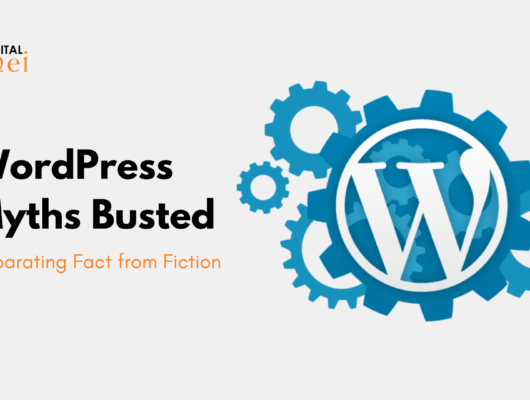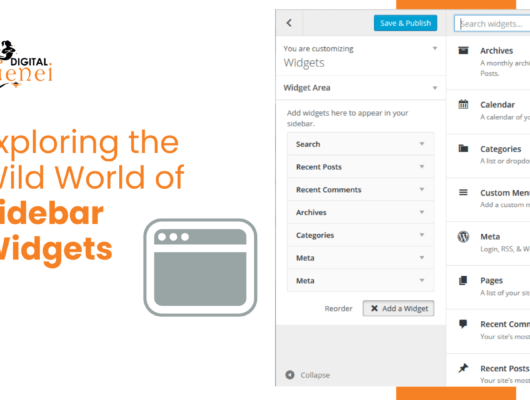Google is more than a search engine; it’s a knowledge repository that holds the key to countless solutions for web developers. Whether you’re a seasoned developer or just starting in the field, having a solid understanding of the answers to common questions can be a game-changer. Let’s delve into Google’s answers to essential questions every web developer should know.
What is Responsive Web Design?
Responsive web design is an approach to design and development that ensures a website’s layout and content adapt to various screen sizes and devices. It uses flexible grids, media queries, and fluid layouts to create an optimal viewing experience across desktops, tablets, and smartphones.
How to Optimize Website Performance?
Website performance optimization involves various strategies, including minimizing server response times, leveraging browser caching, optimizing images, using Content Delivery Networks (CDNs), and enabling compression. Google PageSpeed Insights is a helpful tool to analyze and improve performance.

What is HTTPS and Why is it Important?
HTTPS (Hypertext Transfer Protocol Secure) is a secure version of HTTP, ensuring that data exchanged between a user’s browser and the website is encrypted and secure. Google considers HTTPS a ranking factor, and it builds trust with users by indicating a secure connection.
How to Improve Website Accessibility?
Improving website accessibility involves making your site usable by people of all abilities and disabilities. This includes providing alternative text for images, ensuring keyboard navigation, using semantic HTML, and testing your website with accessibility tools like Google Lighthouse.
What is the Importance of Mobile-First Indexing?
Mobile-first indexing means Google predominantly uses the mobile version of a website for indexing and ranking. With the increasing prevalence of mobile users, having a mobile-friendly site is crucial for search engine visibility.
What Are Progressive Web Apps (PWAs)?
Progressive Web Apps are web applications that offer a native app-like experience, combining the best features of web and mobile apps. They are reliable, fast, and engaging, providing offline capabilities and the ability to be installed on users’ home screens.
How Does Cross-Origin Resource Sharing (CORS) Work?
CORS is a security feature implemented by web browsers to control which origins are allowed to access resources on a given web page. It prevents potential security threats by restricting cross-origin HTTP requests unless the server explicitly allows them.
What is the Role of Structured Data in SEO?
Structured data provides additional information to search engines about the content on a webpage. It helps search engines understand the context and relationships between different elements, improving the chances of rich snippets and enhanced search results.

How to Handle Asynchronous JavaScript Loading?
Asynchronous JavaScript loading involves loading scripts without blocking the rendering of a webpage. Best practices include using the “async” attribute in script tags, loading non-essential scripts after critical content, and optimizing script execution.
What is the Significance of the “alt” Attribute in Images?
The “alt” attribute in images provides alternative text that is displayed if the image cannot be loaded. It is crucial for accessibility, providing a description of the image for users with visual impairments, and improving SEO by giving search engines context.
Conclusion: Google as Your Web Development Guide
Google serves as a powerful ally for web developers, offering a wealth of information and answers to guide them through various challenges. By tapping into Google’s vast knowledge base, developers can stay updated on best practices, industry trends, and solutions to common issues. Embracing Google’s answers ensures that developers are equipped with the knowledge needed to create high-performance, accessible, and SEO-friendly websites.





